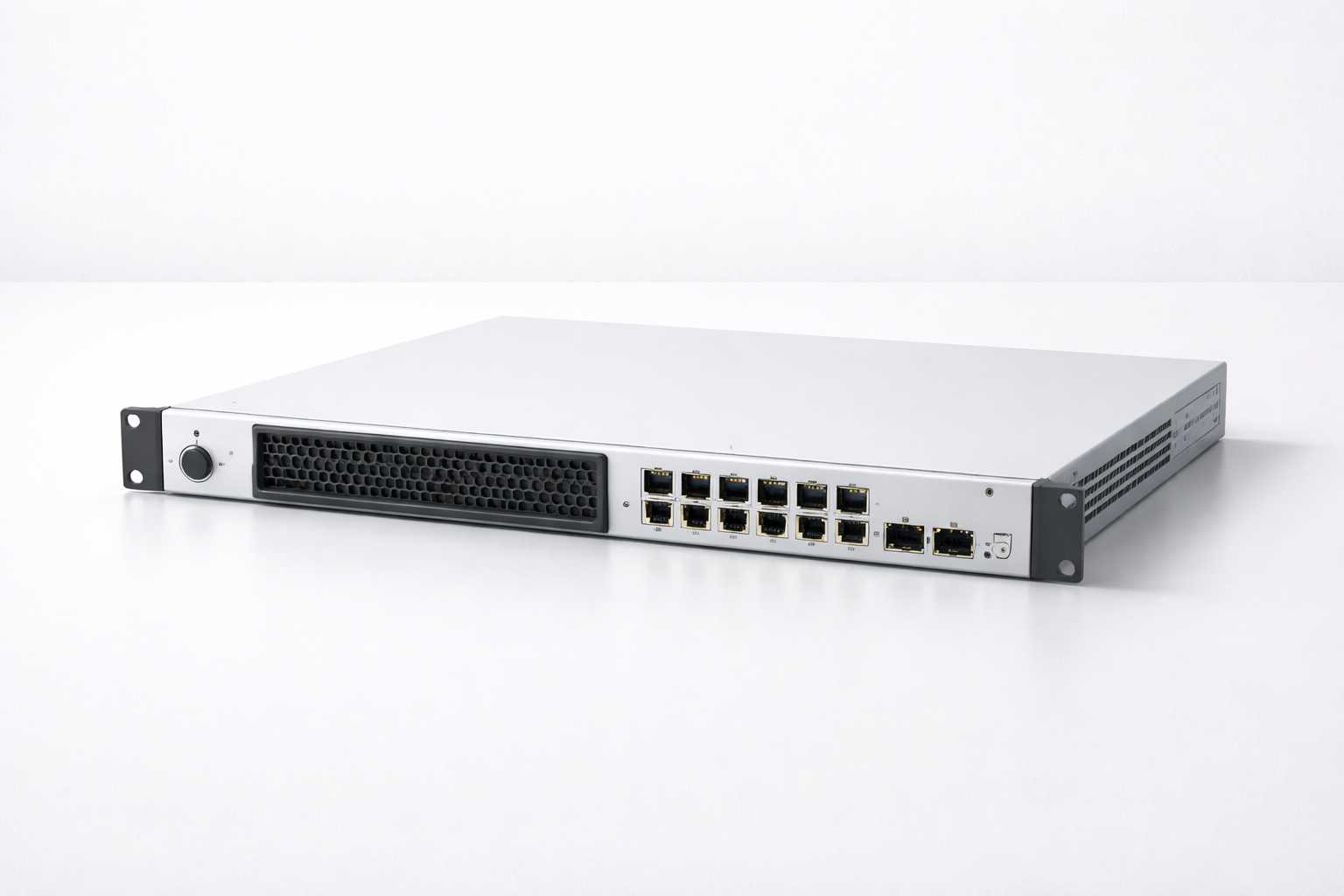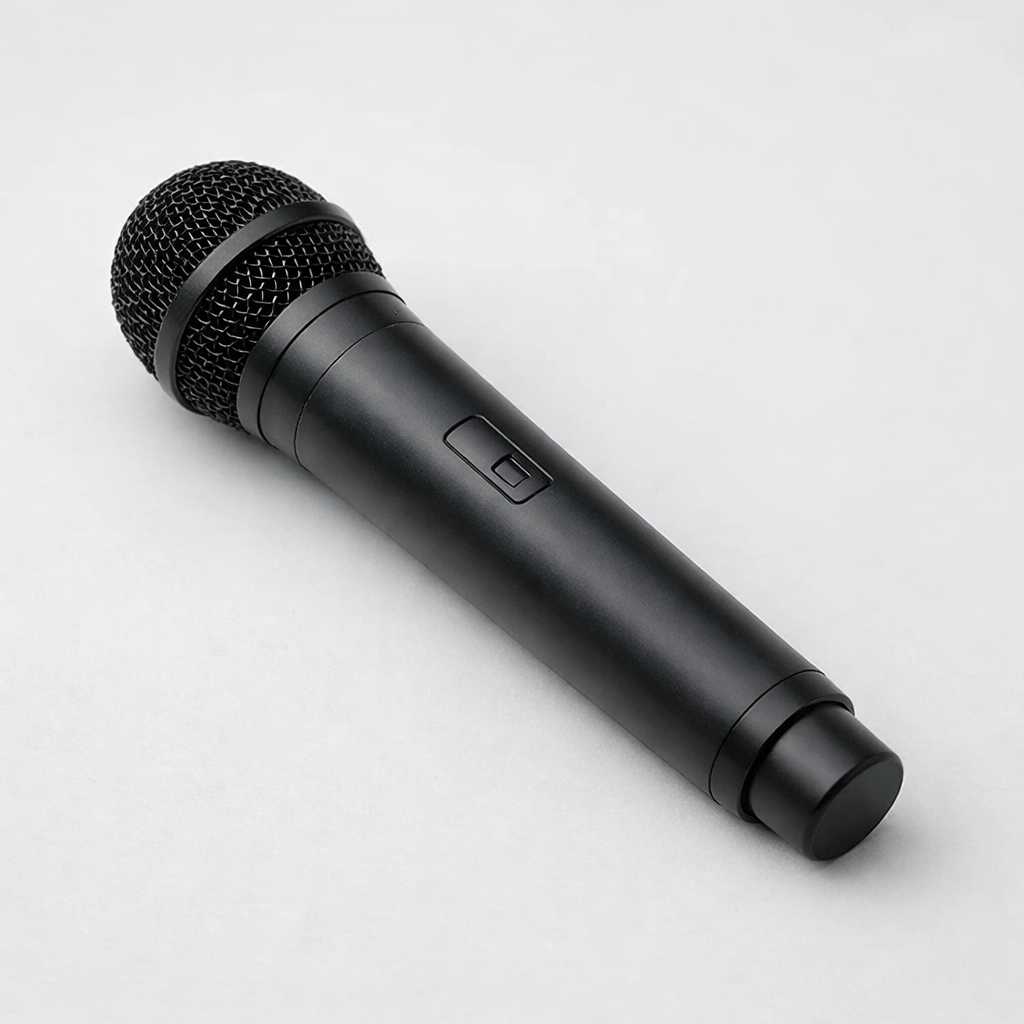BIS Certification for Steel Products (Foreign Manufacturers)
28. July 2025BIS Certification for Steel Products (Foreign Manufacturers)
Steel products such as reinforcing steel (TMT bars), steel plates, pipes or profiles are subject to BIS certification in India. Foreign manufacturers must also license their products via the Foreign Manufacturers Certification Scheme (FMCS) in accordance with Indian standards (IS codes). The legal basis is the Steel and Steel Products (Quality Control) Order, 2024 (QCO), which was issued by the Indian Ministry of Steel. Implementation and monitoring are carried out by the Bureau of Indian Standards (BIS), which in turn reports to the Ministry of Consumer Affairs, Food, and Public Distribution.
Requirements for Foreign Manufacturers
Clear technical and procedural requirements apply to BIS certification in the steel sector:
- Only the manufacturer himself can obtain the license, but not dealers, exporters or importers.
- Each production facility needs its own license. Separate applications must be submitted for plants at different locations.
- Before submitting an application, the appropriate IS standard must be identified (e.g. IS 1786 forTMT steel, IS 2062 for structural steel).
- The production process must be fully documented – from goods receipt to processing and final packaging.
- If a production step is outsourced, BIS approval is also required for this.
- The manufacturer must have appropriate testing facilities and qualified quality control personnel who meet the requirements of the standard and the Scheme of Inspection and Testing (SIT).
- In addition, the appointment of an Authorized Indian Representative (AIR) is mandatory, who acts as the legal contact in India.
Certification Procedure under FMCS
The BIS ISI certification scheme includes an on-site factory inspection and product sample testing in India. A BIS auditor travels to the production site, evaluates manufacturing processes including quality assurance, and collects samples for laboratory analysis. The certificate with a license number is issued only after all assessments are successfully completed. Use of the ISI mark is then permitted. Regular follow-up inspections and re-certifications ensure continued compliance with the standards.
Consequences of Non-Conformities
Without valid BIS certification, affected steel products may not be imported into or sold in India . In the event of violations, there is a risk of rejections at the border, refusal of customs clearance or sanctions under the BIS Act. Since the new QCO came into force, the certification obligation also includes relevant raw materials, not just the finished product.
Other Topics
- BIS Certification for Import in India
- BIS Certification for Foreign Manufacturers
- BIS Certification for German Companies (Foreign Manufacturers)
- BIS Certification under Scheme X
- BIS certification for Wheel Rims (car and commercial vehicles)
- BIS certification for safety glass (vehicles, buildings, machines)
- BIS Certification for Cables (Electrical and Telecommunication Cables)









